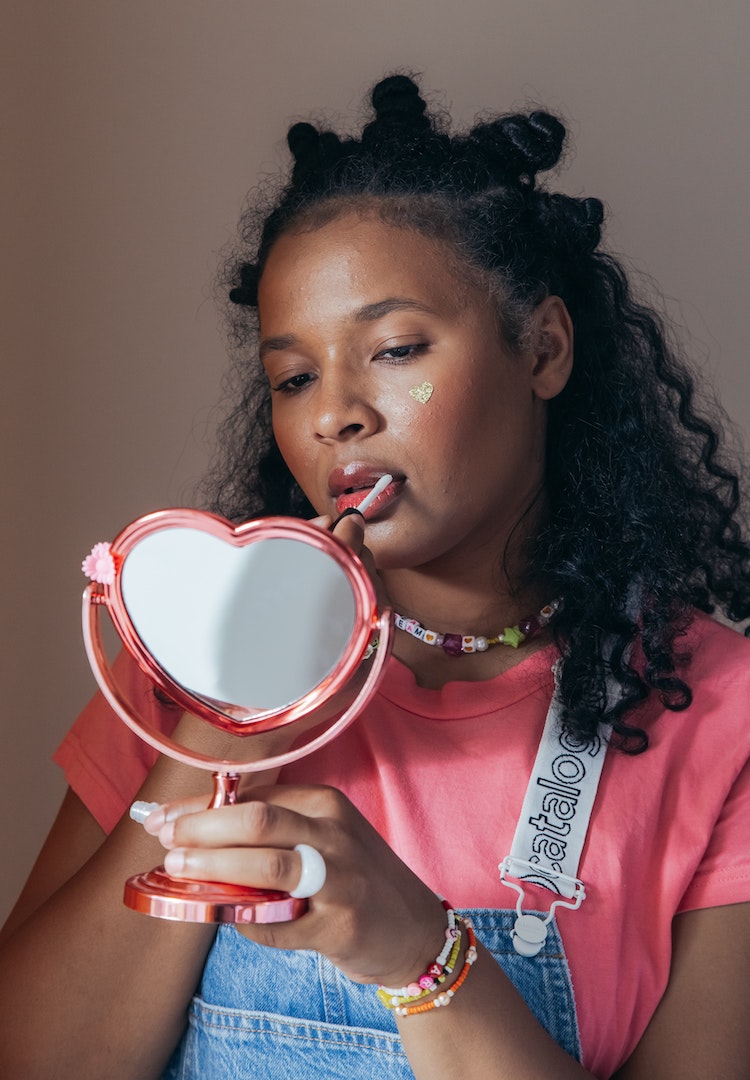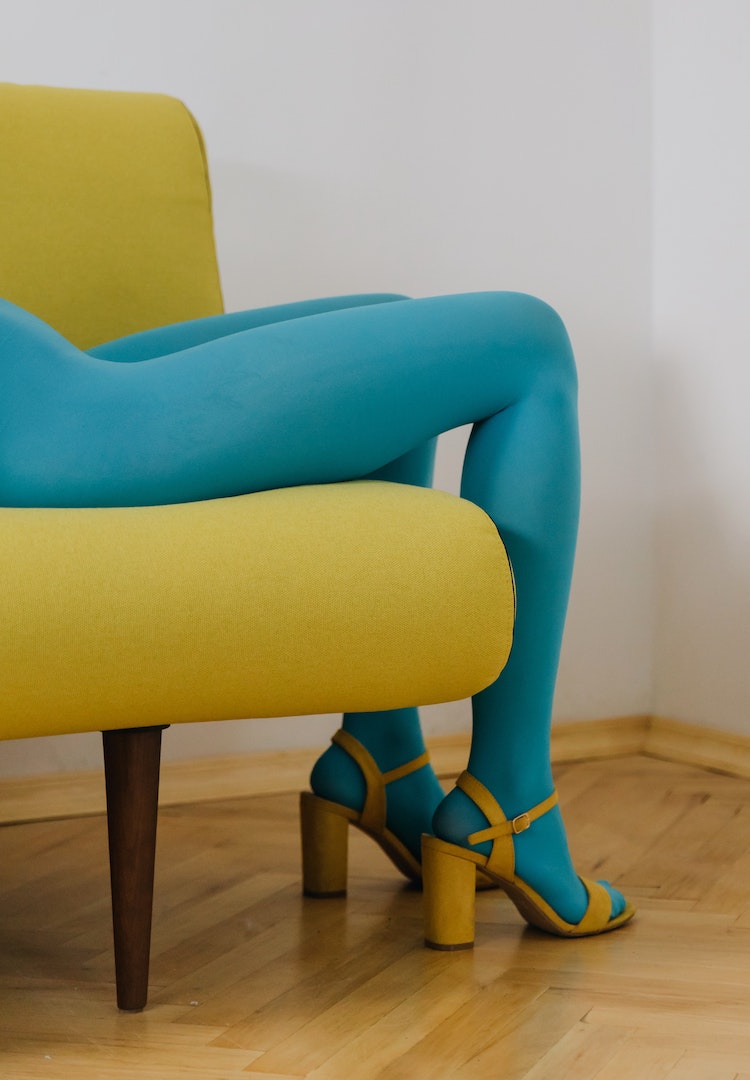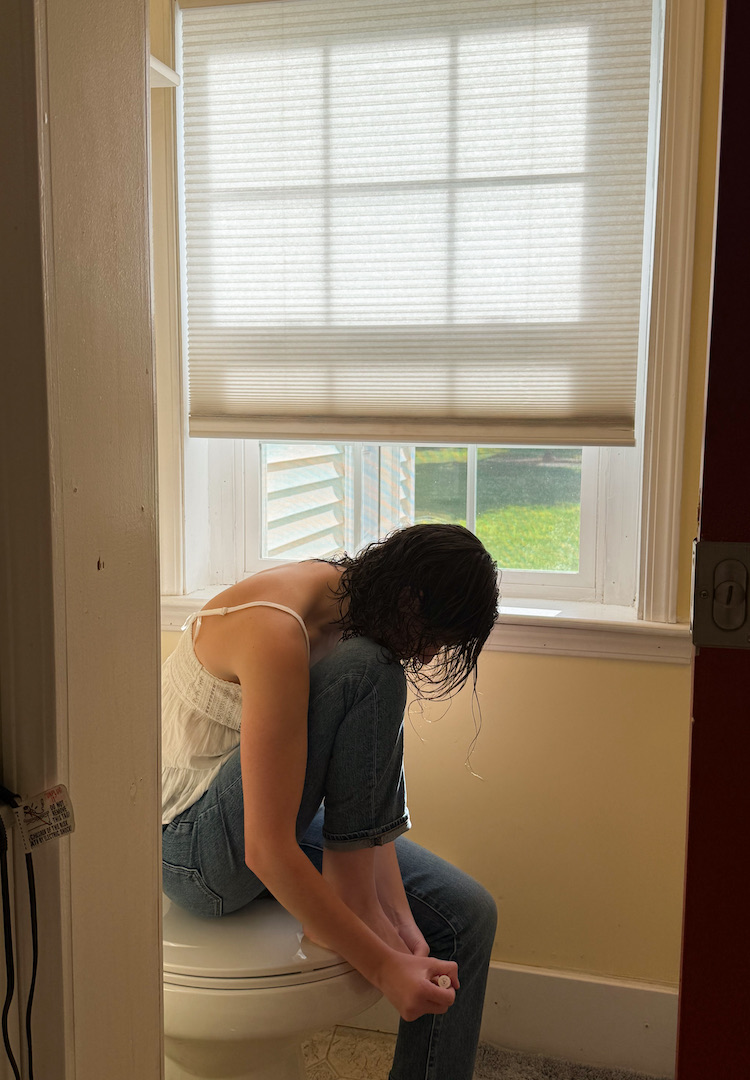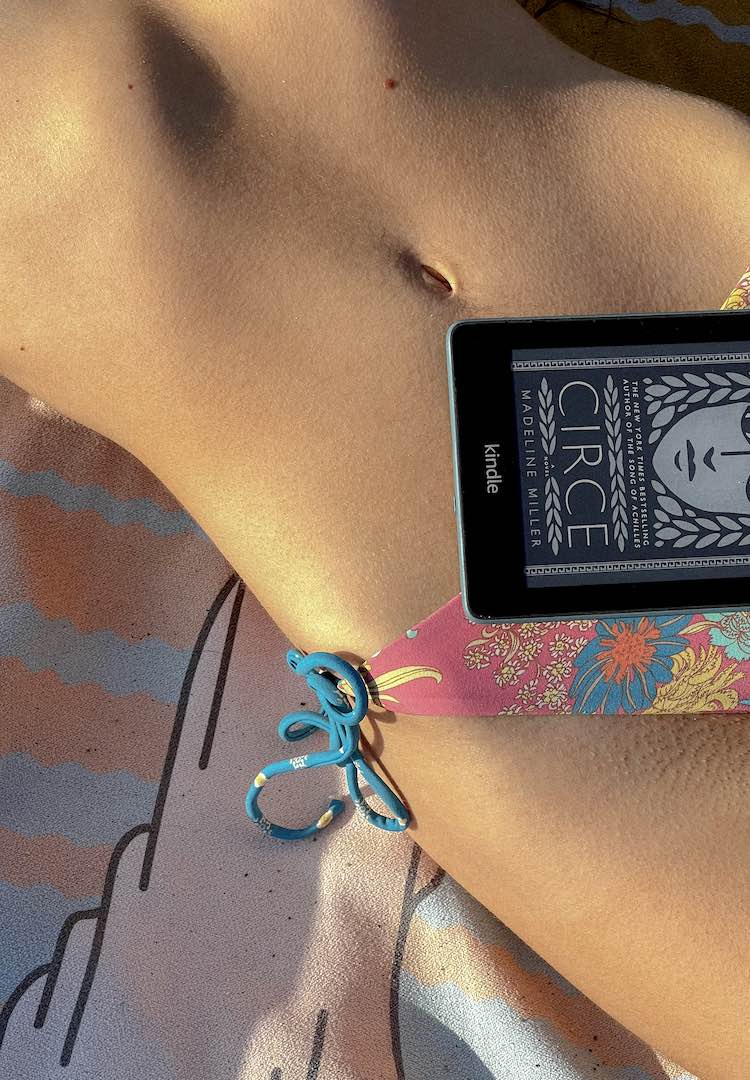I’m addicted to cracking my knuckles, but is it really that bad for you?
WORDS BY BAILEY PETTS
A bone physiologist weighs in.
I’ve been an avid knuckle-cracker for as long as I can remember. It’s something I do as soon as I wake up, when I’m nervous, and when I’m deep in thought. Like removing a pair of leather gloves (just not as seductive), I start at the first finger crack, then the middle finger crack – this goes on until I’m satisfied my hands are fully cracked and ready for the day.
Some people stretch in the mornings or reach for their coffee immediately. I crack. Now, I’m not alone in appreciating the sound of cracked joints. The TikTok search term for ‘chiropractor videos’ is sitting at 13.4 billion views while ‘cracking knuckles’ has 123.1 million views.
For more health and wellness advice, head on over to our Health section.
Chiropractors leaning into this trend of showcasing loud and obscure cracking sounds through their social media accounts are becoming famous overnight. One guy even shows how to crack an ear. An ear. It’s almost like the second coming of Dr Pimple Popper, except the satisfaction and relief we get as voyeurs of cracked joints is arguably less repulsive.
There does seem to be a bit of an urban myth revolving around the joy of cracking your joints, though. People seem to wince at the sound and tell you “You’ll get arthritis”, while others stand firm that it’s just the release of ‘bubbles.’ So, which is it, and how can I get out of this potentially harmful habit? What exactly is the sound we hear when we crack our knuckles?
Professor Belinda Beck, a musculoskeletal anatomist, bone physiologist and the director of The Bone Clinic tells me that unfortunately, there still haven’t been any definitive studies. Her informed opinion is that “the sound is related to gas bubbles forming and popping in response to unusual movement of the joint”. These gas bubbles are thought to be nitrogen bubbles bursting in our synovial fluid.
One of the few studies completed by a Californian medical practitioner showed after a lifetime of cracking knuckles on one hand, neither of his hands had arthritis. A study on a larger scale seemed to concur that cracking your knuckles is a relatively harmless habit. This aligns with Professor Beck’s expert opinion, too. “There does not seem to be any evidence to support the notion that cracking your knuckles causes osteoarthritis,” she says.
Would a medical professional advise against cracking your knuckles?
Despite the limited range of studies, Professor Beck says “Excessive repetitive movement of any type is apt to cause repetitive strain of tissue, so I wouldn’t go too crazy”. With how often I crack my knuckles, one might agree it’s a little overindulgent or ‘crazy’.
According to Professor Beck, a way to know if what we’re doing to our bodies isn’t great is to see “if something hurts” as “that’s the body’s way of telling you that you are probably doing damage.” For me, there have been times where I’ve cramped up after an intensive session of knuckle cracking. Yikes.
What if you still want to stop a habit you’ve had all your life?
It’s not a habit I’m proud of. In the past when I’ve experienced pain after pulling against the joints in my hands, I’ve tried to quit – but I just keep coming back to it. It’s habitual and the satisfaction of the sound seems to be quite addictive. So, I asked a psychologist to weigh in on breaking this pesky habit of mine.
What’s the difference between a habit and an addiction?
Taash Balakas, a Melbourne-based psychologist, explains “It can be hard to differentiate between the two, but I like to explain it very simply. A habit usually makes things easier for us, or we enjoy it. An addiction is a behaviour [or an] activity that we engage in consistently, regardless of the harm it’s likely causing us.”
Is it easier to stop doing something if we know it’s bad for you?
“It’s not necessarily easier to stop doing something if we know it’s bad for us, but if we know that a habit is unhealthy, it provides more evidence for us to consider stopping the behaviour,” Taash says. “… Evidence tells us that stopping to do something that we enjoy proves difficult for a lot of people. This is where determination, motivation and discipline come into play.
“Abstaining from something that we enjoy is difficult,” Taash says. “I think this is where a lot of people find themselves struggling. The psychological discomfort that comes from withdrawing from a behaviour we enjoy is unbearable for some. [Instead, sit with] the discomfort and [acknowledge] that it’s a thought that will pass, and it’s not necessarily something we have to act on.”
What are some ways that someone could abstain from cracking their knuckles?
Taash recommends mindfulness as a beneficial strategy to abstain from a habit. “Mindfulness can be misunderstood at times. Mindfulness is defined as ‘a mental state achieved by focusing one’s awareness on the present moment’.
“We can achieve mindfulness in a variety of different ways – listening to music, walking with a friend, rollerskating, even cleaning. Anything that brings our awareness to the present moment.”
All of us could benefit from becoming more aware of what we’re doing with our bodies. And in my case, it might help those who flinch every time I crack enjoy my company a little more. That makes it seem worth it.
For more on breaking bad habits, head here.













